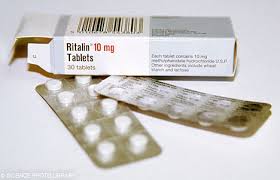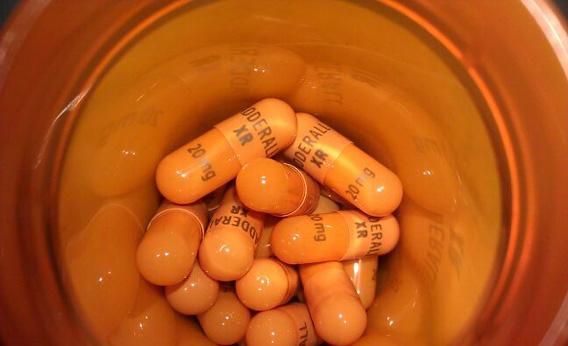How Does Methamphetamine Addiction Treatment Work?
Addiction recovery can be an incredibly challenging process overall. As a general rule, the more potent the drug the more challenging recovery will be. Methamphetamine no doubt qualifies as one of the most powerful drugs around.
For these reasons, the methamphetamine addiction treatment process encompasses a broad spectrum of interventions and levels of treatment, all of which work to meet a person where he or she is at in the recovery process. In effect, anyone who’s abused methamphetamines for months or years at a time will require the specialized approaches offered through methamphetamine addiction treatment programs.
Psychological Effects of Methamphetamine Addiction
The psychological effects of methamphetamine addiction take root within the chemical workings of the brain as the drug exerts its influence on the brain’s chemical pathways. In effect, this drug all but takes over the brain’s dopamine chemical system, which ultimately determines a person’s overall character, morals and psychological makeup.
According to the National Center on Substance Abuse & Child Welfare, methamphetamine not only stimulates dopamine chemical production, but also blocks the brain’s attempts to recycle excess amounts. As dopamine regulates plain and pleasure sensations throughout the body, any stimuli or substance capable of influencing this system can easily redefine a person’s priorities, motivations and daily behaviors over time.
Methamphetamine Addiction Treatment Objectives
Stabilization

Cognitive behavioral therapy is often effective when used in methamphetamine addiction treatment.
Chronic methamphetamine abuse leaves the brain and body in a state of total disarray, so stabilization marks the first step in methamphetamine addiction treatment. In effect, long-term methamphetamine abuse warps a person’s emotional, physical and psychological well-being. For people coming off a long history of drug use, this may entail a long process that extends well past the detox stage on into residential treatment care.
Maintenance
More than anything else, methamphetamine addiction treatment works to replace addiction-based thinking and behavior with a mindset that supports ongoing abstinence from drug use. For hardcore amphetamine users, the maintenance stage will likely require long-term outpatient care after completing residential treatment. In some cases, a person may require both outpatient care while residing in a sober living program in order to develop the types of day-to-day habits that support a drug-free lifestyle.
Relapse Prevention
Throughout the methamphetamine addiction treatment process, recovering addicts learn and develop relapse prevention strategies for managing the types of persistent drug cravings that make continued abstinence so difficult to come by. According to the Illinois Attorney General’s Office, methamphetamine addiction treatment incorporates a range of psychosocial interventions designed to help a person develop effective coping skills for dealing with overwhelming drug-using urges. Interventions commonly used include:
- Contingency management, or reward-based approaches
- Motivational therapies
- 12 Step support groups
- Cognitive-behavioral therapy
Considerations
For someone considering methamphetamine addiction treatment, it helps to keep in mind that relapse episodes are to be expected as this drug’s aftereffects can persist for months or even years into the recovery process. What’s most important is to stay engaged in some form of treatment regardless of where you’re at in recovery.
If you or someone you know are considering methamphetamine addiction treatment and have more questions, please don’t hesitate to call our toll-free helpline at 800-605-6597 Who Answers? to speak with one of our addictions specialists.



